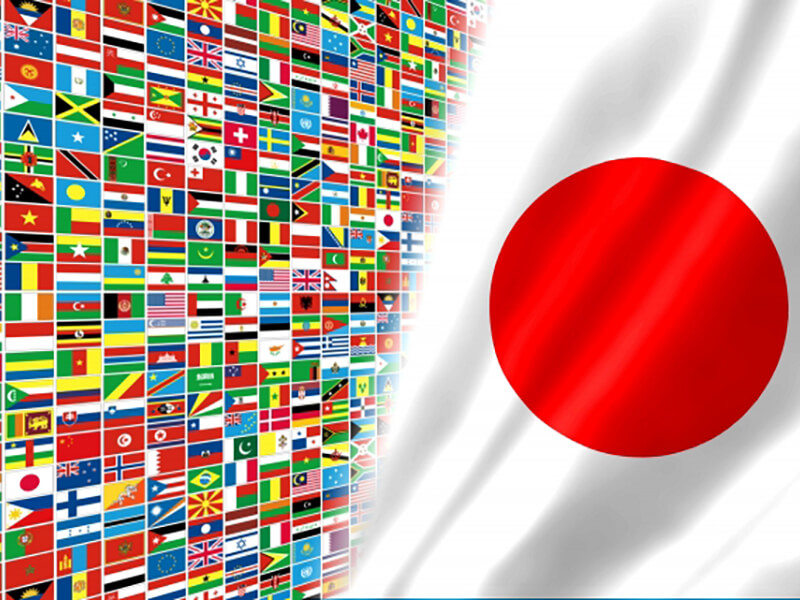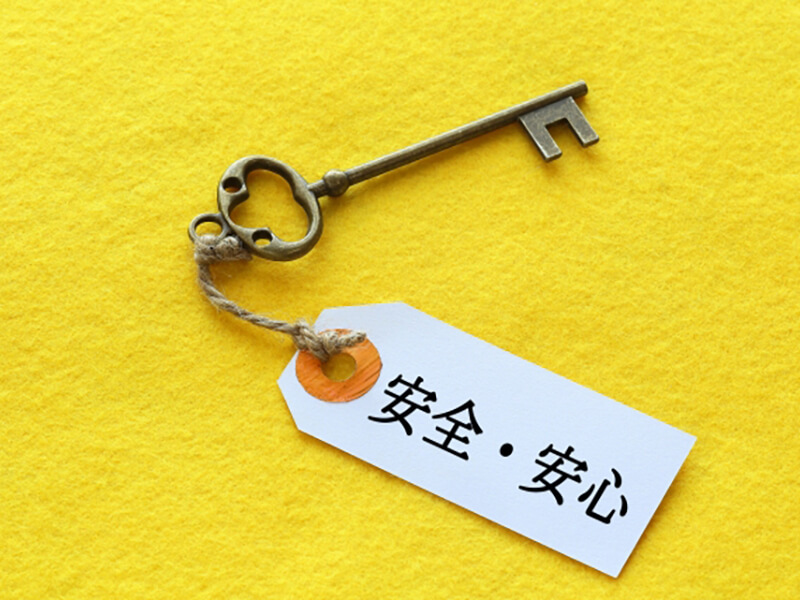Japan is the world’s leading country where earthquakes and tsunamis occur the most. The most effective measure to prevent damage from tsunami is to run to a higher area. Always be prepared for a disaster even at your home, surroundings, or when doing leisure activities at the sea or river.
- 1. Check the news
- Collect the latest news regarding earthquake or tsunami from the radio, television, and internet. Also, confirm the news for earthquake and tsunami warning advisories.
- 2. Confirm the location of evacuation area
-
- Check for tsunami warning road signs or symbols indicating the tsunami evacuation area.
- After knowing the location of the evacuation shelter, try to find a route from your house to that area. In the case that the route is blocked during the disaster, do find many different routes beforehand to ensure that you can evacuate easily.
- 3. How to prepare for evacuation
-
- Prepare the necessary items for living temporarily in an evacuation site.
- Prepare an emergency backpack in a place where you can take it out at any time. If possible, the backpack used for mountain climbing is better because it can hold a lot of items.
- Examples of emergency list: cash, bankbook, radio, battery, flashlight, water, emergency food, first aid kit, winter clothes, extra underwear, etc.
- 4. How to evacuate from the house during an earthquake or tsunami
-
- Before evacuating, switch off the electrical breaker, close the main valves of gas and water supply.
- Even if you did not feel an earthquake and there is a tsunami warning advisory, do evacuate to a safe and higher area. Retreat far away from the sea and do not go near it!
- Tsunami usually occurs along with earthquakes. If you felt a strong earthquake while you are near the sea, do evacuate as soon as possible!
- Do not go swimming or fishing because the beach and rivers are dangerous.
- A tsunami can repeat 2 or 3 times so do not think you are safe after the first wave. Until the tsunami warning advisory is gone, absolutely do not go near the sea or river!
What do you think, everybody? This time, we learned about how to prepare for a tsunami. Many of us tend to think that we will not let ourselves be involved in disasters. However, many unexpected disasters occur every year. Disasters are not just someone else’s problem. The knowledge and preparation done by each individual is essential to reduce the damage brought by a disaster.
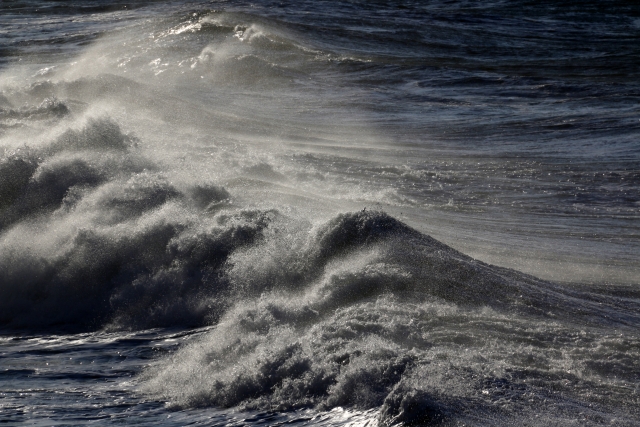


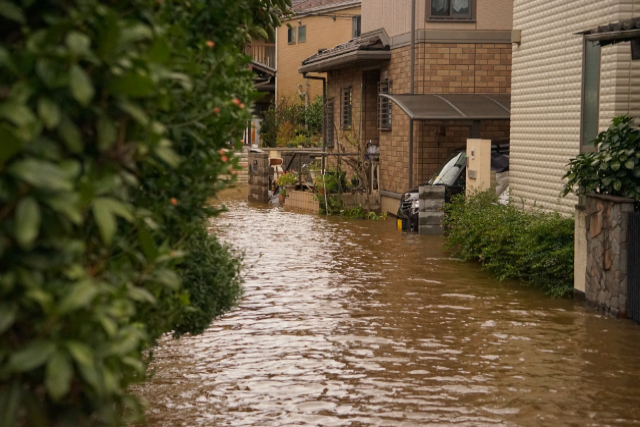
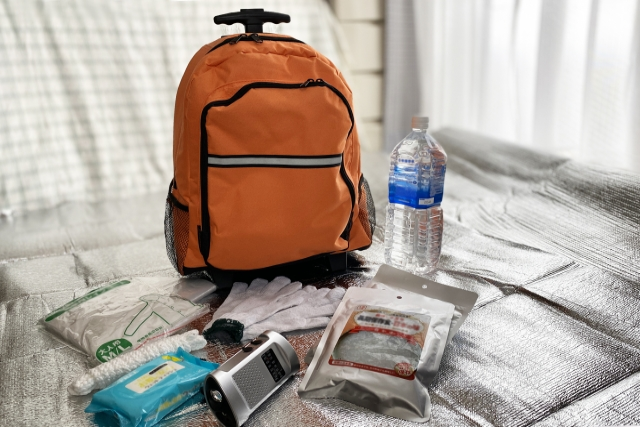
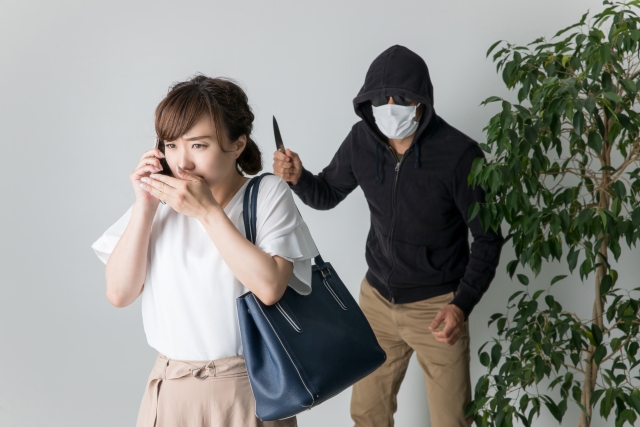
![[Special Episode 1] Support for Living in Japan: Let’s know the Preventive Measures against COVID-19](https://onodera-lifesupport.com/portal/wp/wp-content/uploads/2021/01/新規プロジェクト.png)






